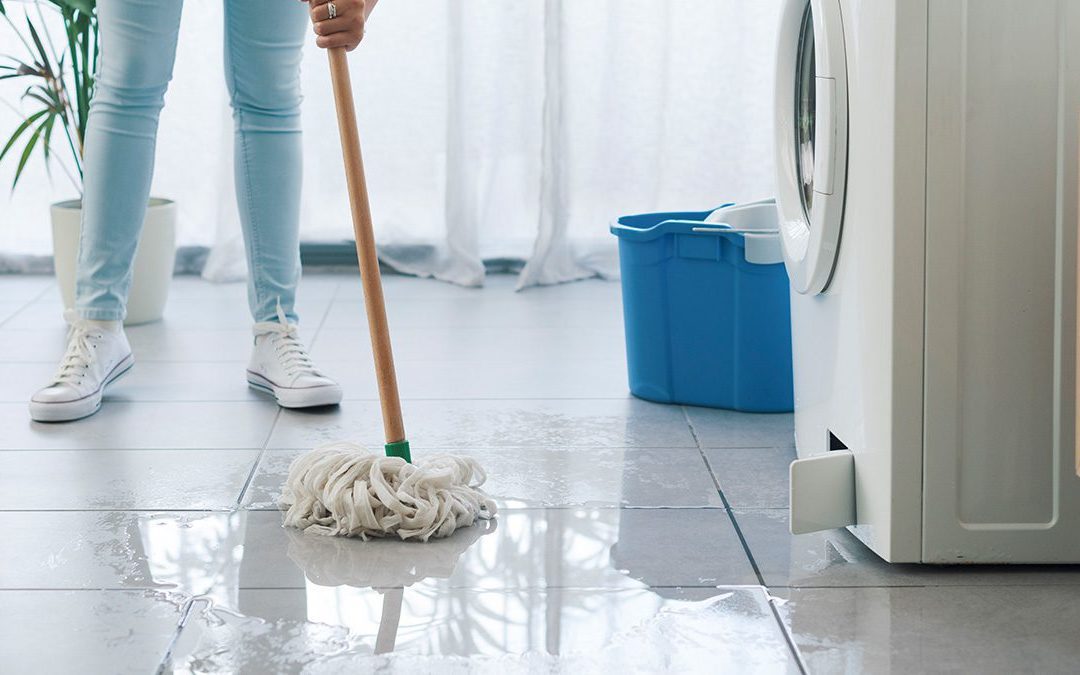Landlord or Renter? Who Is Responsible for Paying for a Broken Appliance?: Massachusetts Apartments Tenant
For homeowners, it’s clear who has to pay when an appliance breaks handling household repairs is one of the many responsibilities that come with owning property. But as a renter, your obligation to appliance upkeep isn’t so black and white. Under federal law, tenants have the right to a habitable home, or a home that is safe, sanitary, and functional. If the broken appliance is serious like a furnace in the winter the home is technically uninhabitable. But if the broken appliance is a refrigerator or oven, the situation is open to interpretation. In fact, each state has its own standards for rental repairs.
In most states, for example, renters can withhold rental payment to a landlord who hasn’t made repairs necessary for a unit to be habitable. However, in Alabama, tenants have to put their repair requests in writing and landlords have fourteen days to make the situation right. And in Mississippi, if a landlord fails to make a necessary repair within thirty days, tenants can pay for the repairs out of their own pocket and deduct the cost from their rent. As a renter, you’re bound to have an appliance bust on you at some point. Below, we clarify who’s on the hook for the repair and what your best course of action is no matter where you live.
The landlord is responsible if…
In most rental situations, the landlord is going to be left holding the bag if an appliance breaks because, ultimately, it is their property. “Even if it is outlined in the lease that the tenant is responsible for repairs, if they’re not taking care of it, the landlord will have to make the repair eventually,” says Christopher Avallon, a real estate broker at the Avallon Real Estate Group in central New Jersey. “A landlord may choose to add the cost of repair to the rent or deduct it from the security deposit.”
The renter is responsible if…
In specific cases, however, the tenant is responsible for appliance repairs. “If the appliances are supplied by the tenants, they are supposed to pay for the repairs and maintenance,” says Kenneth Reed, a real estate investor at Better Home Buyers in Smyrna, GA. “Then when the lease is terminated, the tenant can also take the appliances.” This is most likely to happen with washers and dryers or refrigerators, but it’s far less likely to be the case with appliances like ovens since they usually come with a rental property.
It depends if…
Things get murky when a tenant’s negligence is called into question. “There are cases when tenants deliberately or negligently damage something,” says Tomas Satas, founder and CEO of Windy City HomeBuyer in Chicago. “This could happen with a cracked glass top of an electric stove, a broken oven door, broken refrigerator shelving, a dishwasher drain clogged with food, or other incident where damage could clearly have been avoided.”
If it’s not crystal clear who’s responsible and no one wants to take responsibility for the repair your best course of action is to review your lease. But don’t be surprised if you don’t like what you find. “Some landlords have reduced their overhead costs by specifically stating in the lease that they are only responsible for broken appliances and fixtures if the total cost is over $75,” says Brad Biren, a tax and elder attorney in Des Moines, IA. “If your contract does not have such a provision, there will be another clause that will address how to report repairs to the landlord and how much time they have to remedy the issue.”
What if the problem hasn’t been fixed?
If there’s nothing in the contract addressing repairs, you may have to bring the case to small-claims court, where applicable statutes and related case law will be applied. “If a fixture is related to the health and welfare of a tenant such as a broken furnace in the winter the landlord will be forced to pay for repair,” Biren says. “But the law is much less clear on items like dishwashers or dryers.”
No matter the broken appliance, or how it happened, if it’s important to your mode of living to have it repaired, alert your landlord immediately and politely to the issue, with a copy of your lease in hand for reference. Also, keep a record of any conversations you have, agreements on repairs (verbal or otherwise), and receipts for any supplies you purchased or services you paid for to get an item repaired. You may need all of that evidence if you do decide to take your landlord to court. Going to small-claims court should be the last resort for everyone involved because it does cost money and time. Before taking that step, or moving out, see if you and your landlord can come to mutually agreeable terms.
The post Landlord or Renter? Who Is Responsible for Paying for a Broken Appliance? appeared first on Real Estate News & Insights | realtor.com®.
Selecting the Right Homebuyer's agent
 Unlike most other real estate agents, a MABA home buyer's broker never represents both a buyer and seller in the same transaction so you never have to worry whether a MABA agent is really looking out for your best financial interests. A MABA buyer's agent acts as your advocate, real estate educator, advisor and negotiator, always loyal to you and dedicated to helping you find and buy the best home with the best terms at the price and showing you which homes to avoid along the way.
Unlike most other real estate agents, a MABA home buyer's broker never represents both a buyer and seller in the same transaction so you never have to worry whether a MABA agent is really looking out for your best financial interests. A MABA buyer's agent acts as your advocate, real estate educator, advisor and negotiator, always loyal to you and dedicated to helping you find and buy the best home with the best terms at the price and showing you which homes to avoid along the way.
Fewer than one percent of the agents and brokers in Massachusetts meet our high standards.
Whether you are ready to buy now or just beginning your home buying journey, click here to choose a Great Buyer's Agent to answer all of your home buying questions!
"Thanks to our MABA agent's knowledge, analysis, and guidance, when we found our house, we knew it was the house for us. During the negotiation, we felt confident and secure."
Article From: "Kathleen Willcox" Read full article
Get Started with MABA
For no extra cost, let a MABA buyer agent protect your interests



